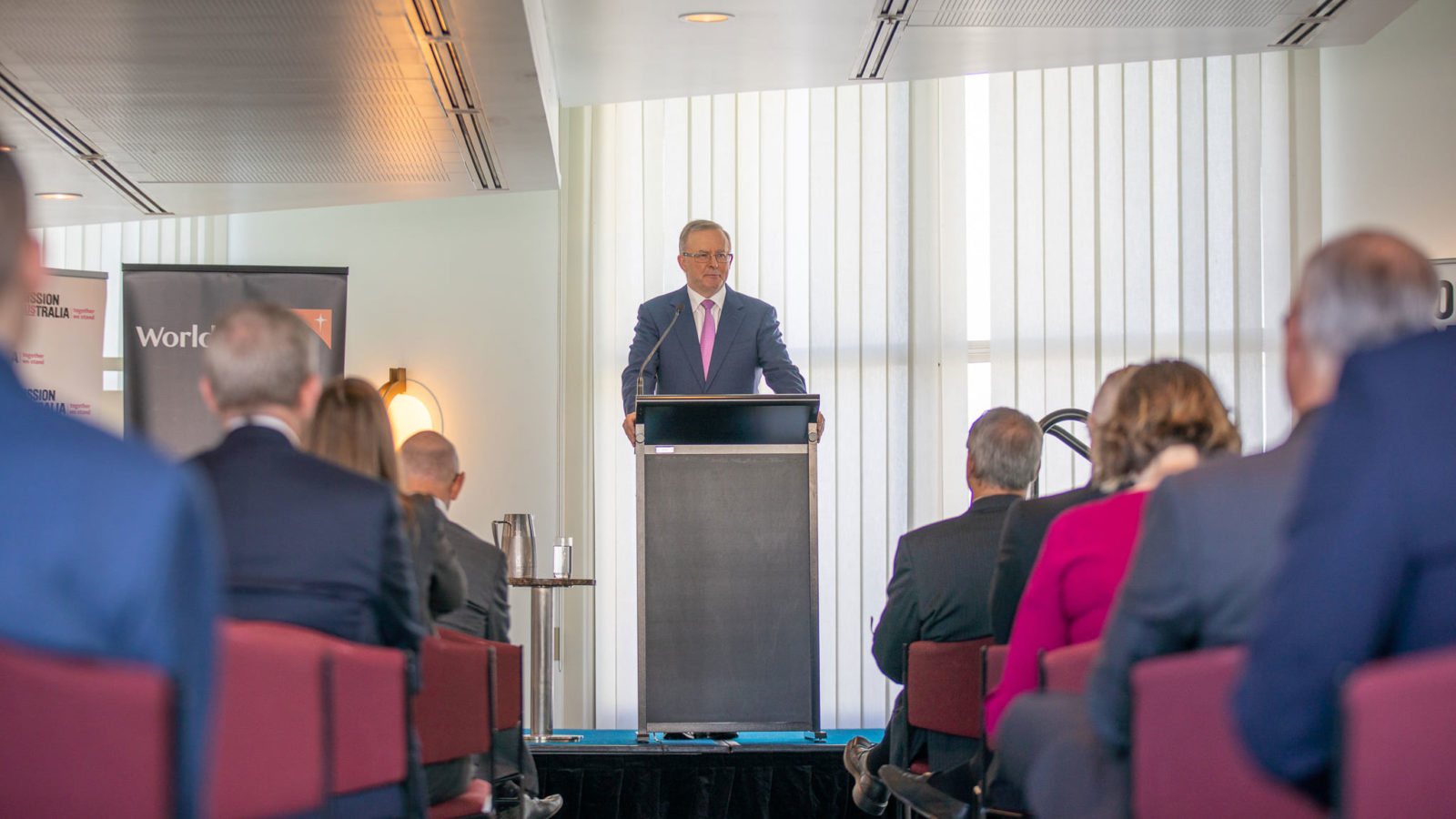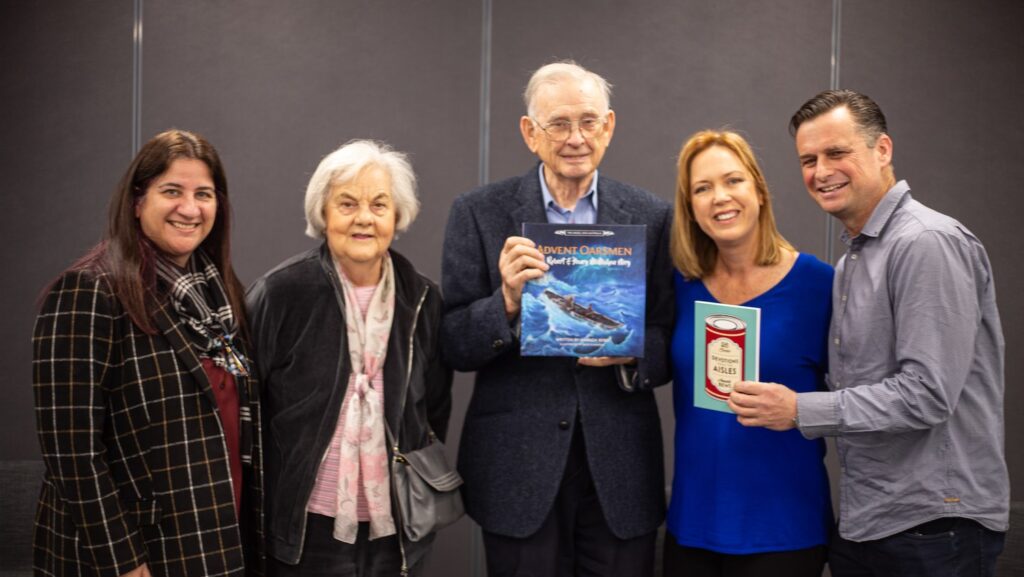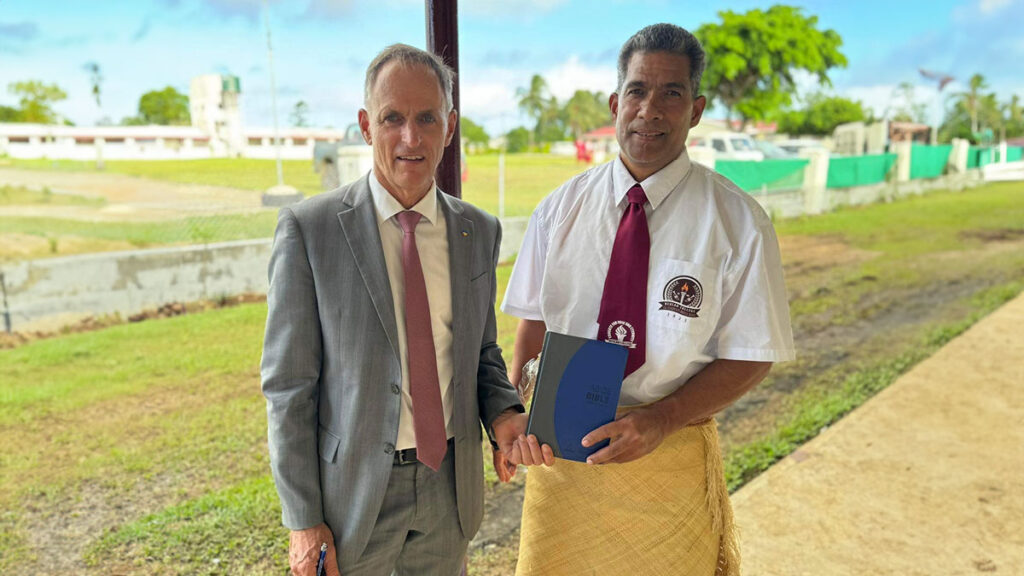The Seventh-day Adventist Church was among 21 faith-based organisations represented at a recent meeting with Prime Minister Scott Morrison and other political leaders, looking at the challenges of the COVID-19 recovery.
The meeting, held in Canberra (Australian Capital Territory) on Monday (February 22), was aimed at gaining a better understanding of government priorities in a post-COVID Australia, as well as determining strategies and opportunities for greater community support. The faith-based groups, including World Vision, Anglicare and Wesley Mission, released a joint letter outlining the Church Community Restoration Project in which they have committed to partnering with the government in the COVID-19 recovery.
Adventist Church representative, Pastor Michael Worker, had the privilege of hosting Opposition leader Anthony Albanese and introducing his segment.
Pastor Worker, general secretary of the Australian Union Conference, said it was encouraging “that both sides of politics recognise and acknowledge the contribution of churches and the faith-based organisations that work in health, education and service to the poor and vulnerable”.
“They recognise that faith-based organisations are an important part of Australian society and that they are willing to seek opportunities for more partnerships to deliver services.”

The Church Community Restoration Project was initiated by faith-based leaders who were concerned that after an unprecedented year, many Australians would be facing economic, financial, mental and emotional struggles. The leaders want to emphasise that they are dedicated to community restoration and providing assistance to people in need.
Prime Minister Scott Morrison acknowledged that the church and charity sector makes a significant contribution to the fabric of society in Australia and throughout the Pacific.
Mr Albanese reflected on his personal story and growing up with Christian values such as social justice, equal opportunity and a fair go, values which he still holds to this day.
Senator Zed Seselja, Minister for International Development and the Pacific, reminded leaders that it was important to give support to Pacific countries during this time as they have also been adversely impacted by COVID-19. Whilst the Government has committed to additional support for the Pacific, he believed that partnering with faith-based charities would be an important part of delivering this support.
Stuart Robert, Minister for National Disability Insurance Scheme and Government Services, admitted that the government alone is not able to adequately provide services to those on the ground but by working with faith-based organisations, they would be able to better help the vulnerable.
Dr Chris Watkin, a lecturer at Monash University, introduced a concept called the “social contract” where he described Christian churches and Christian organisations as an essential element of civil society, providing the glue in the “social contract”—bringing together the government and individuals in assisting those who are struggling.

Mr Morrison ended the meeting by acknowledging how COVID-19 has disrupted many lives and reflected on the fact that the world has seen nothing on a global scale of this nature since the Great Depression and World War II.
Pastor Worker said the Church Community Restoration Project was an essential first step in the collaboration between the government and faith-based organisations to assist and provide services to those in need.
“As we are urged in 1 Timothy 2:2,” stated Pastor Worker, “we should continue to pray for those in authority and as Christians we have a responsibility to do what we can to advance the kingdom by serving ‘the least of these’ (Matthew 25:40).”






